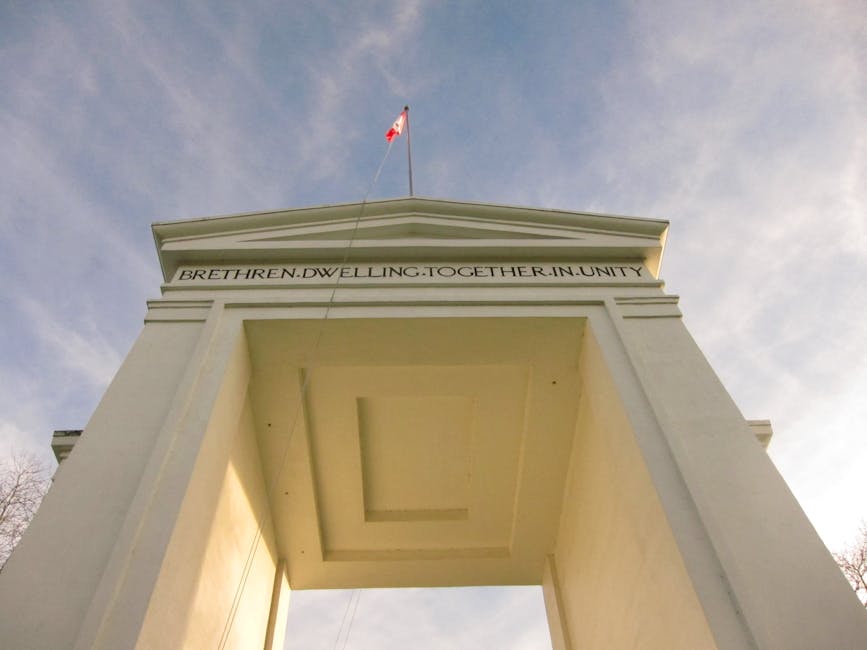Introduction
The death of former Japanese Prime Minister Tomiichi Murayama has sparked renewed global reflection on his diplomatic legacy, particularly his historic 1995 apology for Japan’s wartime actions. The “Murayama Statement” remains a defining moment in East Asian relations, offering lessons for contemporary geopolitics.
The Murayama Statement: A Landmark Apology
On August 15, 1995—the 50th anniversary of Japan’s WWII surrender—Murayama delivered an unprecedented apology for Japan’s “colonial rule and aggression,” expressing “deep remorse” for the suffering inflicted across Asia. Unlike previous leaders, Murayama, a socialist leading a coalition government, offered unambiguous accountability, setting a new standard for Japan’s post-war identity.
Key elements of the apology:
– Explicit acknowledgment of Japan’s militarist past.
– A “heartfelt apology” aimed at reconciliation with China and South Korea.
– A departure from the conservative Liberal Democratic Party’s equivocal stance.
Diplomatic Impact and Ongoing Tensions
Murayama’s words facilitated short-term improvements:
– South Korea: Paved the way for the 1998 Japan-South Korea Joint Declaration with President Kim Dae-jung.
– China: Temporarily eased tensions over historical disputes like the Nanjing Massacre.
Yet, challenges persisted:
– Conservative leaders, including Shinzo Abe, occasionally softened Murayama’s language, prioritizing “future-oriented” relations.
– Controversies such as Yasukuni Shrine visits reignited regional distrust.
Notably, Abe upheld the 1995 apology in 2015, underscoring its enduring significance.
Murayama’s Relevance in Modern East Asia
Today, amid rising nationalism and U.S.-China rivalry, Murayama’s approach offers a model:
– For Japan: Balances pacifist ideals with security needs.
– For Neighbors: Provides a framework for addressing historical grievances.
His legacy underscores that reconciliation requires sustained effort, not just symbolic gestures.
Conclusion: A Statesman’s Enduring Lessons
Murayama’s moral courage in confronting Japan’s past remains a benchmark for leadership. As Asia navigates complex tensions, his diplomacy reminds us that acknowledging history is the first step toward peace.
Final Thought: In an age of geopolitical posturing, will today’s leaders emulate Murayama’s humility—or let his lessons fade?
(Word count: 600)




